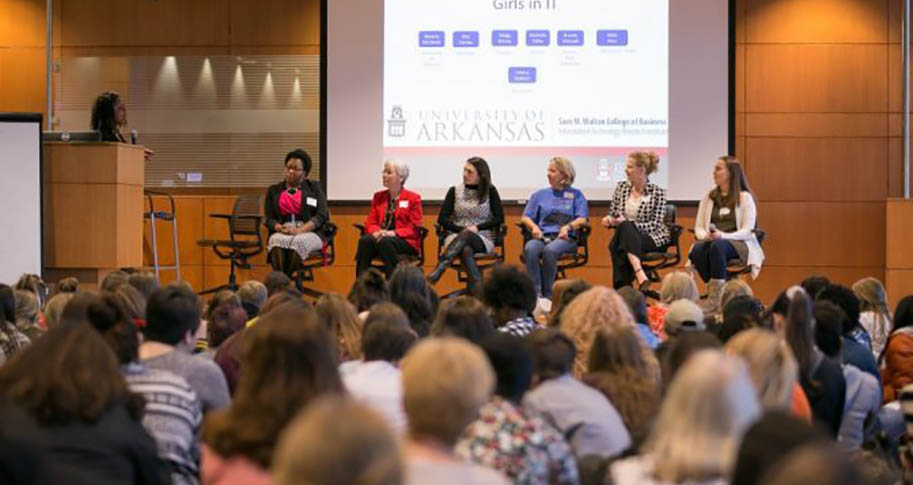
CEO retirements – the most common reason for executive succession and yet a relatively overlooked area of research – are assumed to be an inconsequential part of normal business and therefore not disruptive to an organization.
A new study by management researchers at the University of Arkansas shows this conventional assumption to be inaccurate. According to market data, shareholders perceive CEO retirements to be a significant disruption to the viability of an organization.
“Prior research has suggested that CEO retirements, at least on the surface, represent a relatively smooth exchange of titles,” said Alan Ellstrand, professor and chair of the Department of Management in the Sam M. Walton College of Business. “And so successions due to customary retirements have ordinarily fallen within the category of inconsequential events. We tested this assumption by empirically analyzing the relationship between CEO retirement announcements and shareholder reactions.”
Ellstrand and colleagues – Jon Johnson, professor of management; Hansin Bilgili, management doctoral student and lead author; and Joanna Campbell, assistant professor of management at the University of Cincinnati – analyzed 572 retirements and their effect on shareholder reactions. The researchers obtained information from a comprehensive dataset compiling CEO retirements from S&P 1500 firms from 2003 to 2012.
Read the entire article at Arkansas Newswire.




